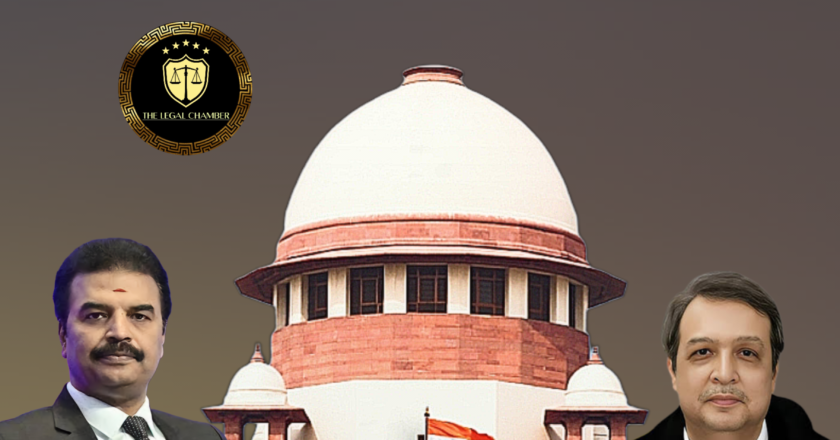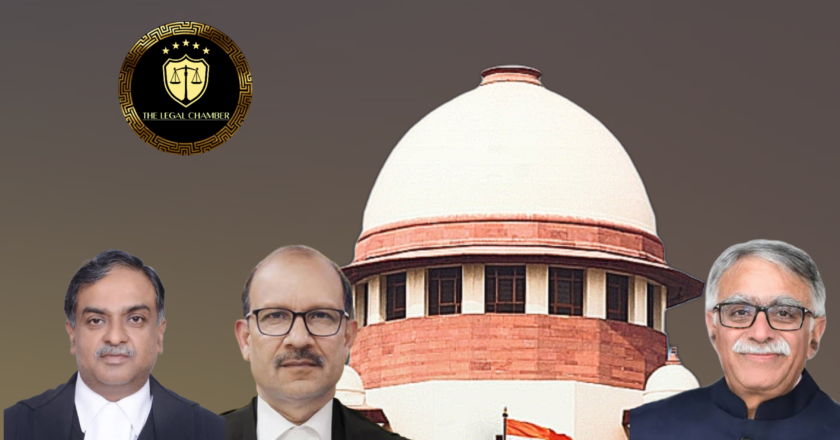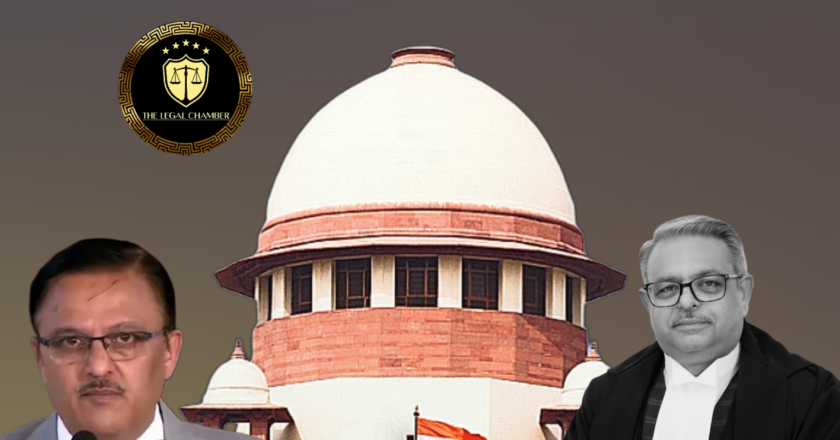Accused Can’t “Buy” Bail: Supreme Court Ends Practice of Monetary Undertakings for Release
This Supreme Court judgment prohibits courts from granting bail based on monetary undertakings or deposits by the accused. It directs that all bail applications must be decided strictly on their own merits, in accordance with law, and not on any extraneous promises of payment. The practice of imposing financial conditions for bail deprecated to uphold the integrity of the judicial process.
Facts Of The Case:
The appellant, Gajanan Gore, was arrested in August 2023 for allegedly siphoning approximately ₹1.6 crore from his employer, an advertising and training institute. He was charged with various offences including cheating and forgery under the Indian Penal Code. After the Trial Court denied him bail, the Bombay High Court granted him bail in April 2024. This bail was contingent on a ke...


